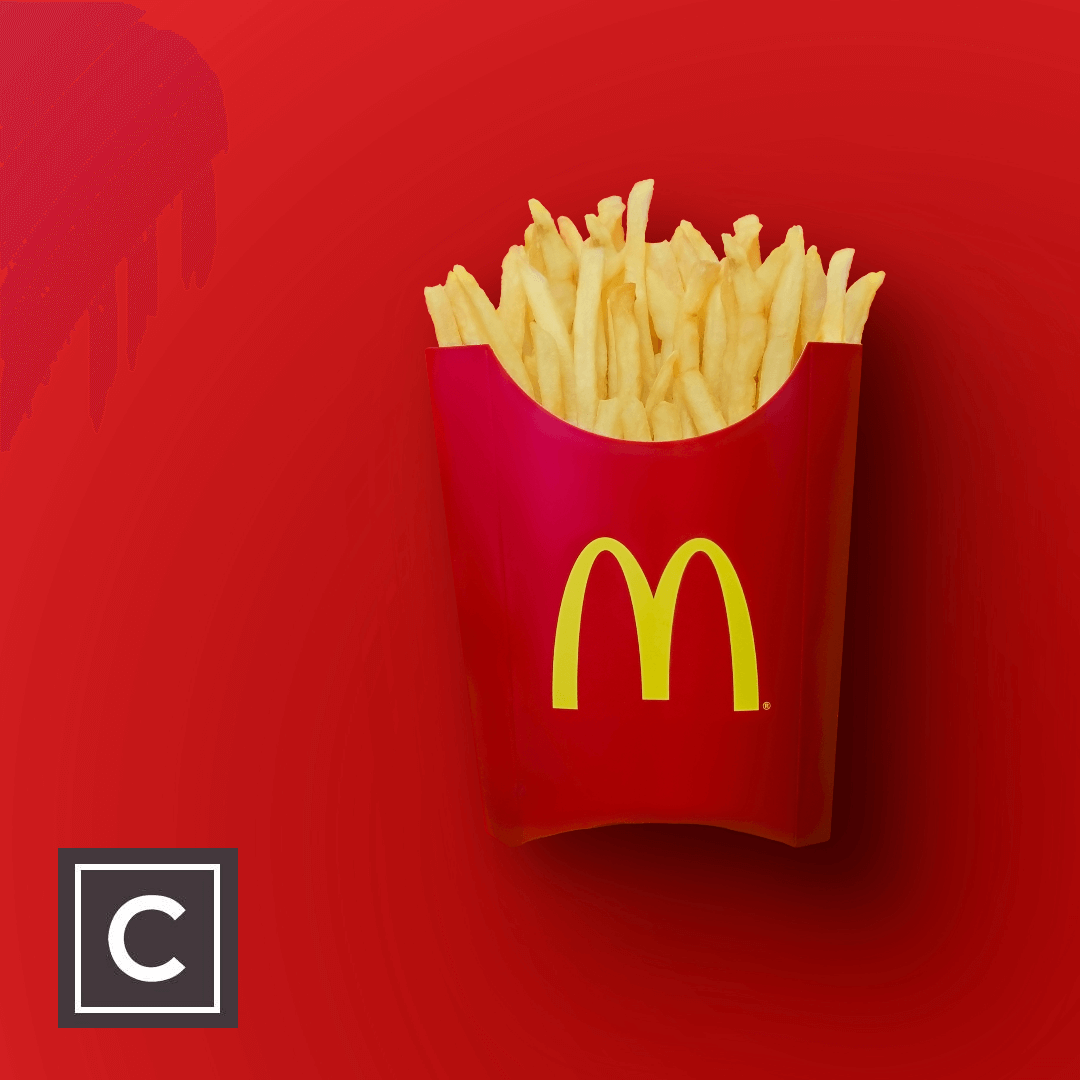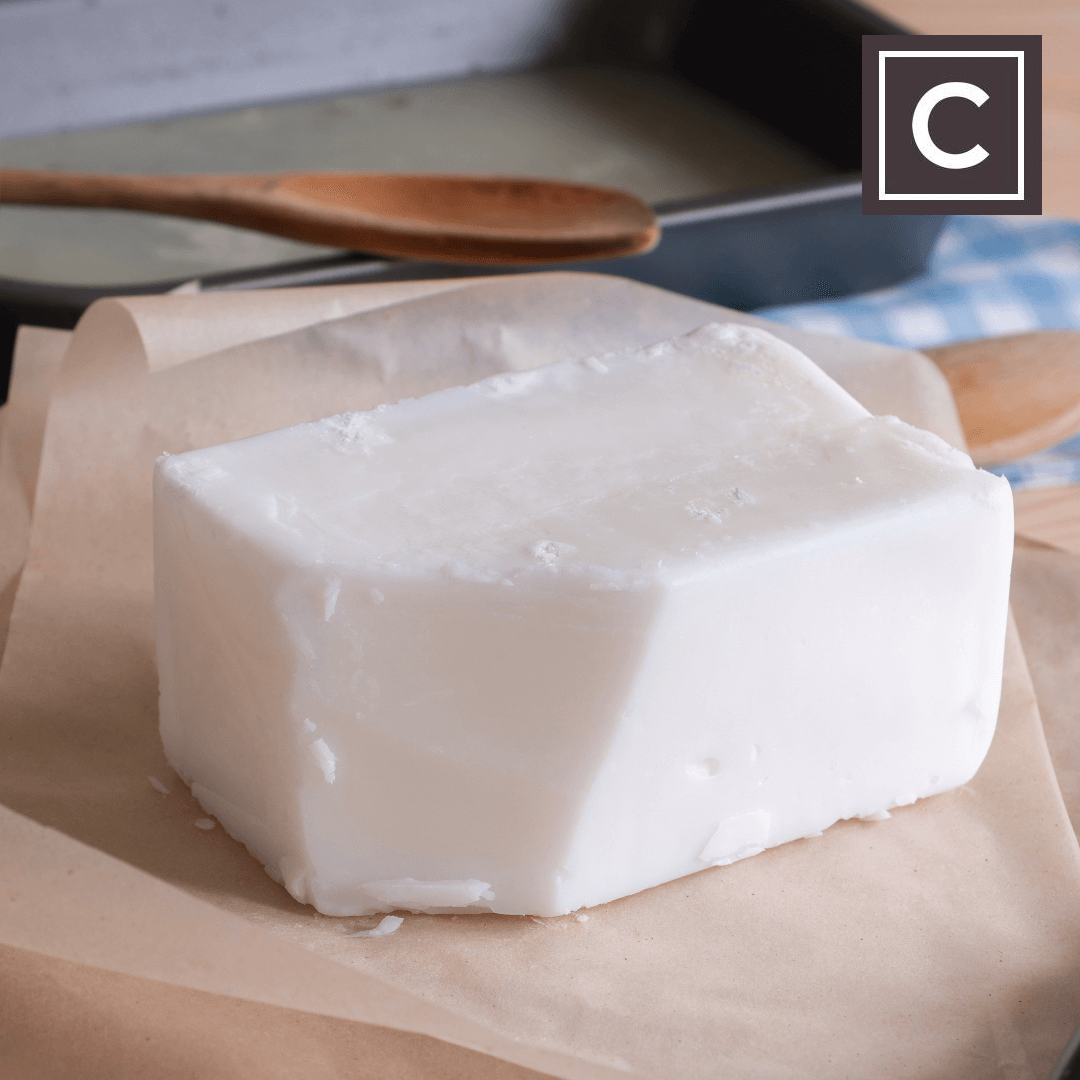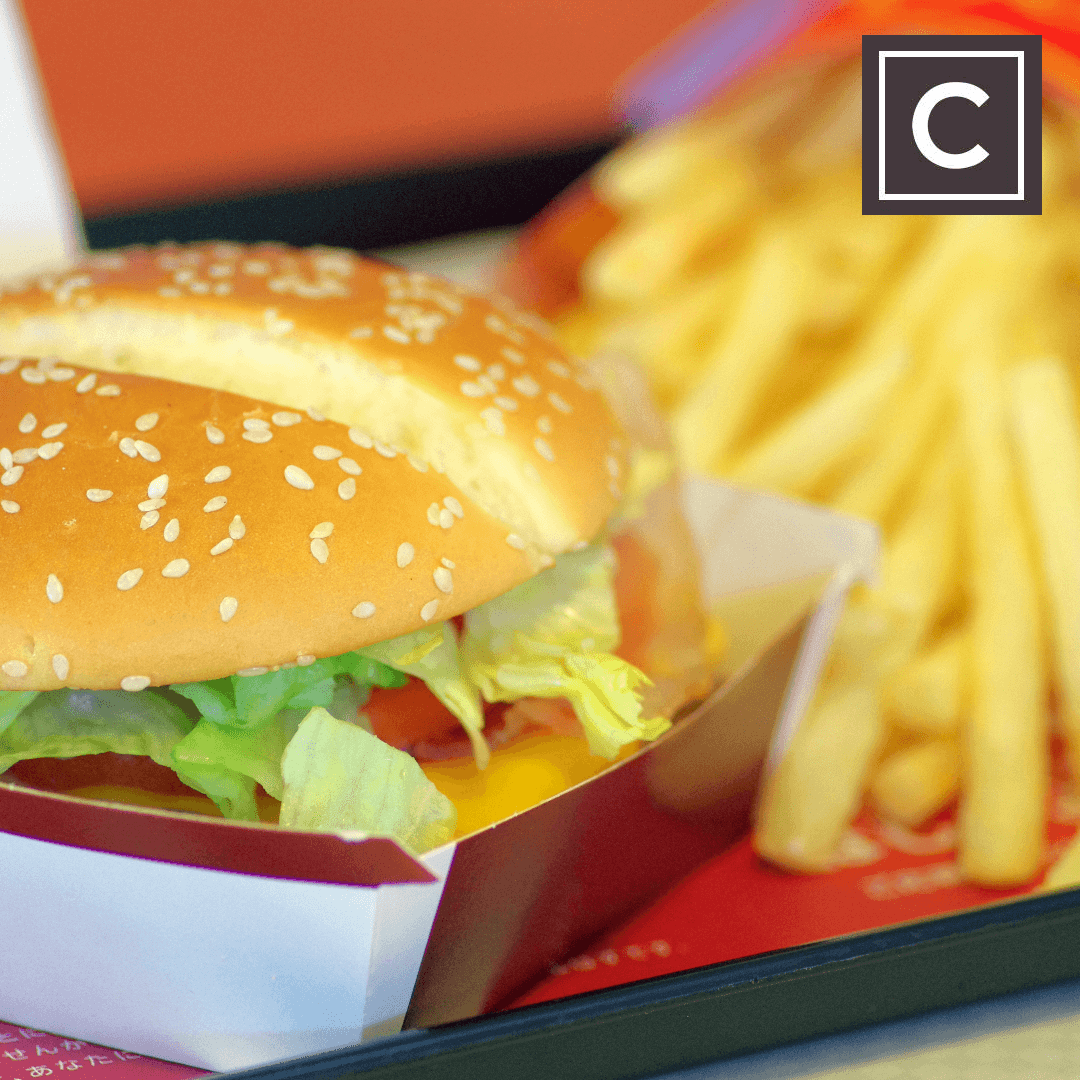The Loss of the Original McDonald's French Fry
Posted by Stelios on 21st Sep 2023 Reading Time:
By fate, Interstate Foods, a shortening company, sought cost-effective measures and incorporated beef fat into the equation; they unwittingly birthed the oil that would soon bestow fame upon McDonald's french fries. Alas, those delectable fries have since vanished, replaced by what many perceive as a subpar alternative.
In their early days, the McDonald brothers operated a lone hamburger stand, sourcing their fry oil from Interstate. During that era, partially hydrogenated vegetable oil reigned supreme as the preferred frying medium. However, the steep costs associated with hydrogenation machinery were prohibitive for the diminutive Interstate operation. They concocted a blend of approximately 7% vegetable oil and 93% beef tallow to elongate the oil's shelf life without resorting to expensive apparatus. Little did they know this would yield McDonald's irresistibly crispy and flavourful french fries.
Enter Ray Kroc, the tireless salesman who would ultimately birth the McDonald's franchise empire. In 1954, he became enamoured with the beef tallow-fried rendition, envisioning its replication across the nation. Subsequently, he procured the franchise rights for the restaurant and honed his mastery over the art of french fry-making, perfecting potato curing techniques, and even introducing a "potato computer" to fine-tune cooking durations.
Kroc's quest for perfection bore fruit. With its tantalisingly crispy edges and luxuriously soft interior, the signature fry satisfied customers, including luminaries such as James Beard and Julia Child. It also played a pivotal role in McDonald's global expansion. McDonald's original french fries, bathed in beef tallow, became legendary. Yet, this treasured legacy would ultimately succumb to the efforts of Phil Sokolof, a well-financed and well-intentioned entrepreneur who also proclaimed himself a champion of health.
In 1966, Sokolof, a business magnate, suffered a heart attack at 43. In response, he founded the National Heart Savers Association to combat cholesterol and fat, with a particular bullseye on McDonald's and their beloved fries.
Sokolof dedicated several decades and a staggering $15 million to his crusade. Faced with relentless attacks and full-page advertisements, McDonald's eventually capitulated. In 1990, the company announced replacing beef tallow with 100 per cent vegetable oil, resulting in an 8.3 per cent dip in McDonald's stock.
The new iteration of the fries failed to measure up. It transpired that beef tallow contributed more than just cholesterol to the iconic french fries. To compensate for the loss of meaty flavour, McDonald's resorted to adding "natural beef flavour." Regrettably, the fries also forfeited much of the contrasting texture that Kroc had cherished, and they were not inherently healthier. As time unfolded, the public realised that the trans fats in hydrogenated vegetable oil posed significant health risks, necessitating another recipe alteration.
Around 2007, McDonald's introduced the third iteration of their french fries, now prepared with vegetable oil and lower trans fat content. However, lovers of the original fry remain perplexed why McDonald's did not revert to the beloved initial recipe. Journalist Malcolm Gladwell is among these ardent devotees, asserting in an interview on House of Carbs: "Everything about it was a mistake. If they had any courage, they would admit, 'We were wrong, and we're returning to the old way.'"
Gladwell's emotional connection to the matter is palpable, evident in his podcast titled "McDonald's Broke My Heart." Indeed, McDonald's has left many, including Gladwell, disheartened. The widespread consensus during our lifetimes was that McDonald's served the finest french fries. While persisting for some, this sentiment underwent a discernible transformation due to the recipe change in 1992.
The notion that the fries significantly changed was not lost on Gladwell. In his exploration, he ventured to the leading food research and development establishment in the country, Mattson, where he conducted a blind taste test. They prepared french fries identical to McDonald's original recipe using beef tallow and replicated the modern version precisely. The results were unequivocal: the two were incomparable. The transformation astounds Gladwell, who cannot fathom why McDonald's would relinquish a masterpiece. Evidently, they comprehended the sacrifice they were making when transitioning from beef tallow. They were effectively jettisoning the essence of their franchise. They must have conducted taste tests and realised they were trading an A+ product for a B-, all in the name of nutrition.
The decision, it appears, was primarily a cost-benefit analysis. A period of genuine concern regarding saturated fat and a misguided belief that fast food needed to adopt a guise of nutritional virtue were instrumental in this shift. However, as Gladwell points out, such efforts were misguided. A french fry could never metamorphose into a healthful offering.
Furthermore, the assertion that vegetable oil was healthier than beef tallow has been debunked. Not only did they compromise the french fry's taste, but they also introduced a less health-conscious alternative.
Malcolm Gladwell concludes that every aspect of this change appears to have been a blunder. If McDonald's possessed even an ounce of audacity, they would acknowledge their mistake and return to the original fries. Perhaps, after all, french fries were never meant to be health food.




